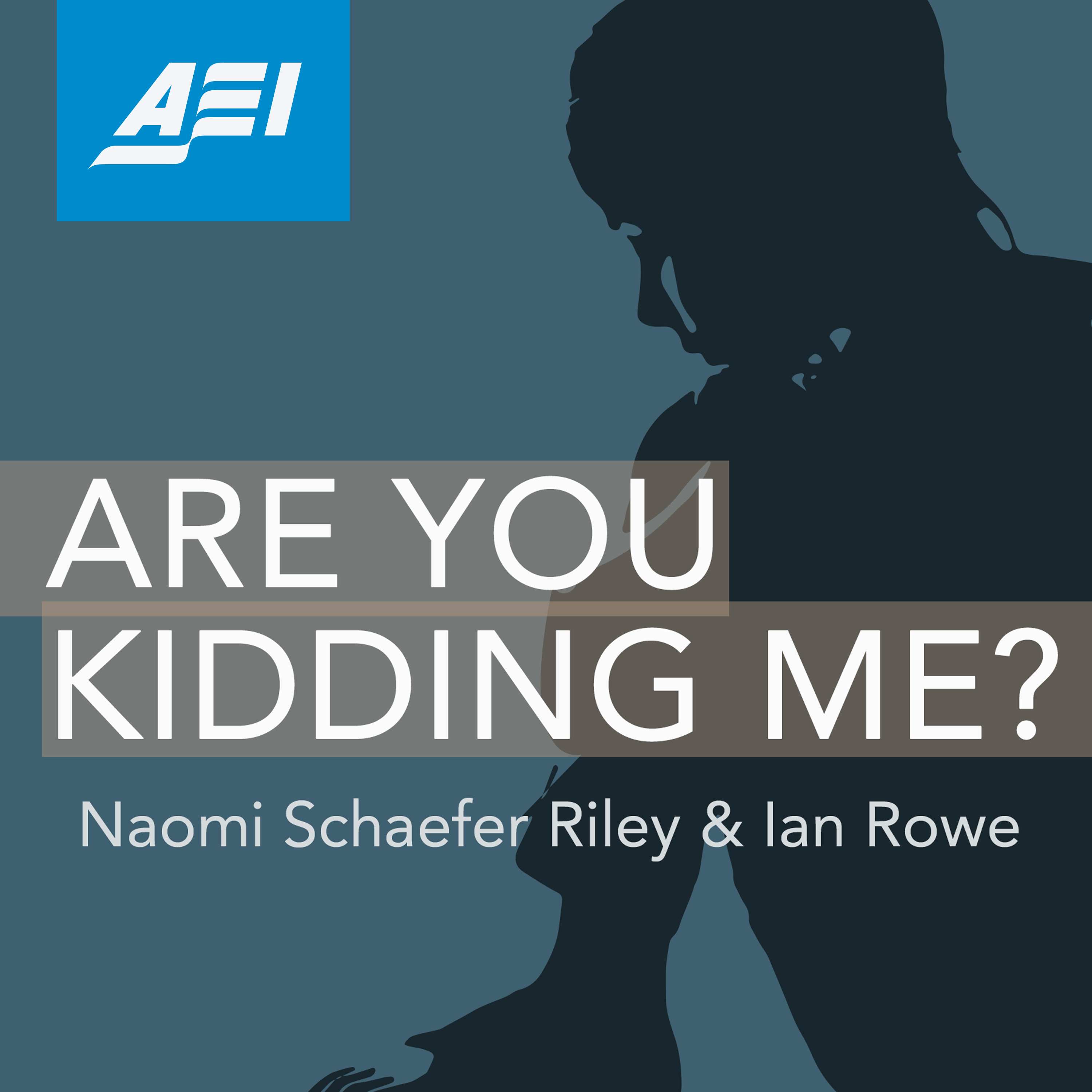- Government
- SEE MORE
- classical
- general
- talk
- News
- Family
- Bürgerfunk
- pop
- Islam
- soul
- jazz
- Comedy
- humor
- wissenschaft
- opera
- baroque
- gesellschaft
- theater
- Local
- alternative
- electro
- rock
- rap
- lifestyle
- Music
- como
- RNE
- ballads
- greek
- Buddhism
- deportes
- christian
- Technology
- piano
- djs
- Dance
- dutch
- flamenco
- social
- hope
- christian rock
- academia
- afrique
- Business
- musique
- ελληνική-μουσική
- religion
- World radio
- Zarzuela
- travel
- World
- NFL
- media
- Art
- public
- Sports
- Gospel
- st.
- baptist
- Leisure
- Kids & Family
- musical
- club
- Culture
- Health & Fitness
- True Crime
- Fiction
- children
- Society & Culture
- TV & Film
- gold
- kunst
- música
- gay
- Natural
- a
- francais
- bach
- economics
- kultur
- evangelical
- tech
- Opinion
- gaming
- College
- technik
- History
- Jesus
- Health
- movies
- radio
- services
- Church
- podcast
- Education
- international
- Transportation
- Other
- kids
- podcasts
- philadelphia
- Noticias
- love
- sport
- Salud
- film
- and
- 4chan
- Disco
- Stories
- fashion
- Arts
- interviews
- hardstyle
- entertainment
- humour
- medieval
- literature
- alma
- Cultura
- video
- TV
- Science
- en
Taking from the Poor and Giving to the Rich? David French on Why Student Loan Forgiveness Is Regressive and Unfair

The Biden administration recently announced its decision to forgive $10,000 in student loans for borrowers making less than $125,000 per year and up to $20,000 for Pell Grant recipients. Is this policy the best way to help kids? Is it even legal?
In this episode, Naomi and Ian are joined by David French, senior editor at The Dispatch and columnist for The Atlantic. David explains that this $400 billion proposal is effectively financial relief given to one of society\u2019s most privileged populations. Most of the taxpayers footing this bill aren\u2019t college graduates, and it\u2019s unreasonable to ask them to subsidize the education debt of people who stand to earn more money over the course of their lifetimes.
David also breaks down why this idea is on shaky legal ground, in part because the administration has to demonstrate that this relief is tied to an actual emergency. After Biden declared, \u201cthe pandemic is over,\u201d that argument is harder to make.
Resources:
\u2022\tWhy Biden\u2019s Debt-Relief Plan \u2018Pings Our Sense of Unfairness\u2019 | David French | The Atlantic
\u2022\tBiden\u2019s Student Loan Announcement Is a Regressive, Expensive Mistake | The Washington Post Editorial Board
Show Notes:
\u2022\t01:21 | How the relief program benefits the most economically advantaged classes of people
\u2022\t06:37 | A discouraging message to frugal and hardworking students
\u2022\t08:30 | Legal landscape: the concept of standing
\u2022\t13:06 | Legal landscape: the program's unconstitutionality
\u2022\t17:35 | What is the political calculus behind student debt relief?
\u2022\t21:15 | Prioritizing policies that support young people on finding the right career path